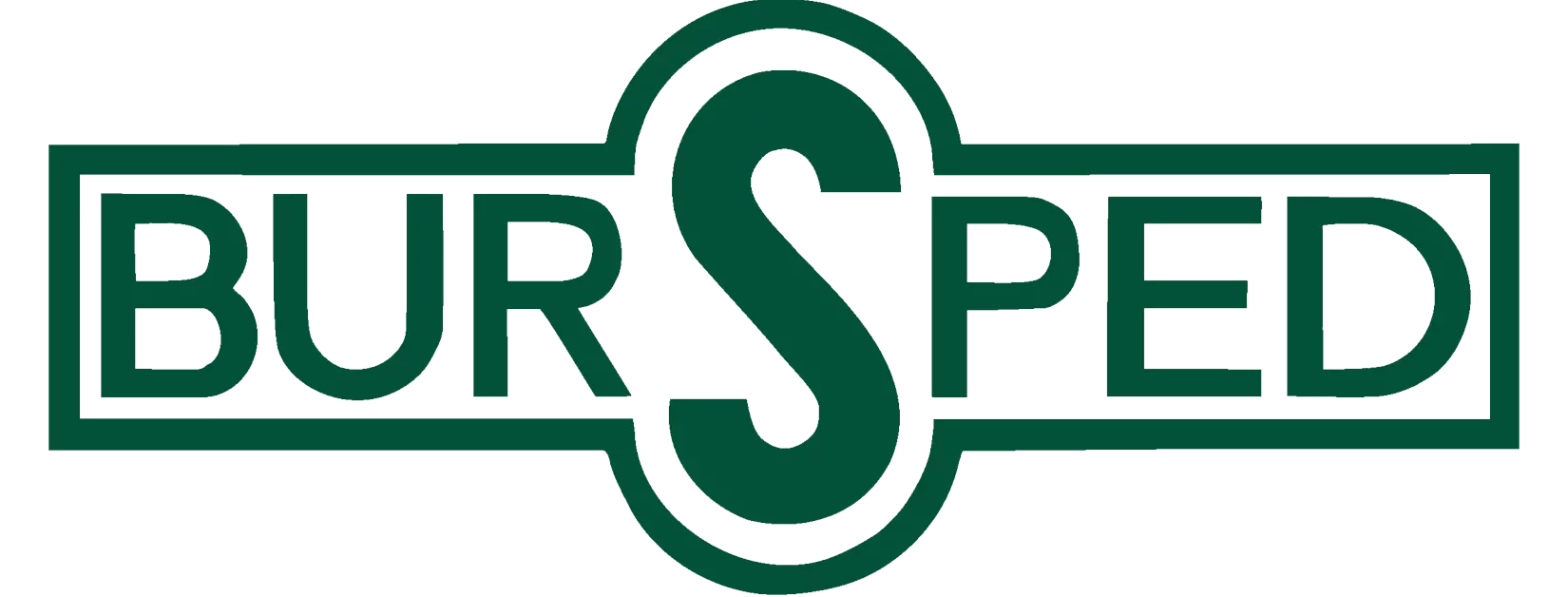
What are Incoterms?
Since 1936, the Incoterms of the ICC, the International Chamber of Commerce, have regulated clearly and uniformly the worldwide rights and obligations between seller and buyer, or exporter and importer respectively. Although they do not possess status as laws and do not replace a contract of sale, the Incoterms have facilitated its formulation and given both sides legal certainty. Misunderstandings and cost-intensive disputes can thus be prevented and the risk of legal complications for both parties reduced.
A revised version has been in force since 1 January 2020. The changes compared to the last version from 2010 mainly concern the presentation and order of the clauses as well as some application notes, which are explained below. The primary aim of the revision was to improve user-friendliness. An overview is available for download.*
*(all information without engagement)
Note: As the old Incoterms are still valid, the ICC recommends the following wording when using the Incoterms 2020: „[selected Incoterms® clause] [named port, place or entity] Incoterms® 2020“. The same applies to the use of e.g. Incoterms 2010 „[chosen clause] Incoterms® 2010“.
Incoterms 2020 versus Incoterms 2010
Fortunately, there are very few substantive changes to the meaning of the rules from 2010 to 2020.
The three most important changes are these:
- For Carriage and Insurance Paid (CIP), the level of freight insurance provided is now Institute Clauses (A), and not the lower level Institute Clauses (C). For Cost Insurance and Freight (CIF), the level of freight insurance provided has remained unchanged at Institute Clauses (C)
- The rule DAT Delivered at Terminal (DAT) has been renamed Delivered at Place Unloaded (DPU)
- The responsibility of security-related requirements and ancillary costs is explicitly shifted to the seller
The changes in detail:
- Different coverage levels in CIF and CIP
As in the past, the seller is still obliged in the Incoterms 2020 to take out transport insurance at their own expense in clauses CIF (Cost Insurance Freight) and CIP (Carriage Insurance Paid). In contrast to the Incoterms 2010, however, the two clauses now provide for different minimum coverages. The minimum coverage to be observed when the CIF clause is used remains unchanged. The transport insurance to be taken out by the seller must continue to at least correspond to the coverage in accordance with the (C) clauses of the Institute Cargo Clauses or similar clauses (insurance of named risks). If the CIP clause is agreed, the seller must now provide insurance coverage in accordance with the (A) clauses of the Institute Cargo Clauses (all-risk coverage). Both the CIF clause and the CIP clause allow the parties to the contract to agree on insurance coverage that differs from this. - Renaming of DAT to DPU (Delivered at Place Unloaded)
According to the Incoterms 2010 DAT clause, the seller delivered the goods as soon as they were unloaded from the means of transport at a “terminal.” However, according to the Incoterms 2010 application notes, the term “terminal” was not to be understood from a technical point of view but meant any unloading location. This fact was taken into account in the Incoterms 2020 by renaming the previous DAT clause to DPU (Delivered at Place Unloaded) for the sake of clarity. That means that in the future, any agreed place can be the place of destination. - Inclusion of security-related requirements
Security-related requirements for the transport of goods have now been included in Rules A 4 and A 7 of each Incoterms 2020 clause. As with other the Incoterms clauses, it should be noted that the Incoterms clauses only directly apply to the parties to the sales contract and are not the subject of the contract of carriage.
These are the three most important changes. Further changes include the use of the on-board bill of lading under the FCA clause, regulations for transporting with one’s own means of transport in FCA, DAP, DPU and DDP, the non-consideration of VGM (verified gross mass) and the warning against the use of the DDP and EXW clauses in cross-border trade.
(source: Speditions- und Logistikverband Hessen/Rheinland-Pfalz e. V.)
What to know about the current Incoterms
- Since 1 January 2011, the Incoterms contain only 11 instead of the original 13 clauses. These have been divided into two categories:
- The EXW, FCA, CPT, CIP, DAP, DPU and DDP clauses that apply to all types of transportation
- FAS, FOB, CFR and CIF exclusively for sea and inland navigation
- The clauses don’t replace a contract of sale, but merely concretise individual contractual objects such as certain obligations of the sales contract partners, transfer of risk and division of costs
- Incoterms are legally binding only if they have been properly agreed to
- Modifying them jeopardizes legal certainty
- The clauses are suitable solely for business-to-business transactions
- The new Incoterms can also be applied in national trade
- The Incoterms 2010 and older versions retain their validity; therefore, it is recommended that one specify the version in use (see above)
- For container shipment, the ICC recommends using FCA instead of FAS and FOB, and CPT and CIP instead of CFR and CIF.
- Instead of delivering DDP, the sender had rather deliver DAP or DPU (formerly: DAT) as DDP represents the maximum obligation for sellers. The latter bears all costs and risk to the destination of the goods and is obliged to clear them for export and import, paying all the export and import fees as well as completing the customs formalities. Moreover, DDP requires a customs partner in the country of destination.
- For the buyer, using the clause „FCA named place of delivery“ is preferable over EXW as the EXW clause represents the minimum obligation for sellers. Unlike the use of FCA, with EXW the seller has no obligation to the buyer to load the goods or to clear them for export. If the seller does do the loading, under the EXW clause, the buyer pays the risk and expense. Using FCA, however, the seller, too, stands to benefit from clearer rules as regards his liability, costs and the extent of his duties.
Version 2010 compared to version 2000
- The revised version of Incoterms published on 1 January 2011 contains only eleven clauses instead of 13.
- DAP replaces DAF, DES and DDU.
- DAT (from 2020 DPU) replaces DEQ.
- For CIF, CFR, FOB, the risk is only transferred when the goods are set down on the ship’s deck (previously: ship’s rail).
- For the C-clauses, the buyer is now obliged to provide the insurance-relevant information.



